Our Core Virtues
Prudence
“I will make wise, well thought-out decisions before acting.”
Prudence stems from ancient philosophical traditions, particularly from Aristotle’s Nicomachean Ethics and later elaborations by thinkers like Thomas Aquinas. Prudence emphasizes the importance of practical wisdom, moral discernment, and virtuous conduct in navigating the complexities of human life and making choices that contribute to individual flourishing and the common good.

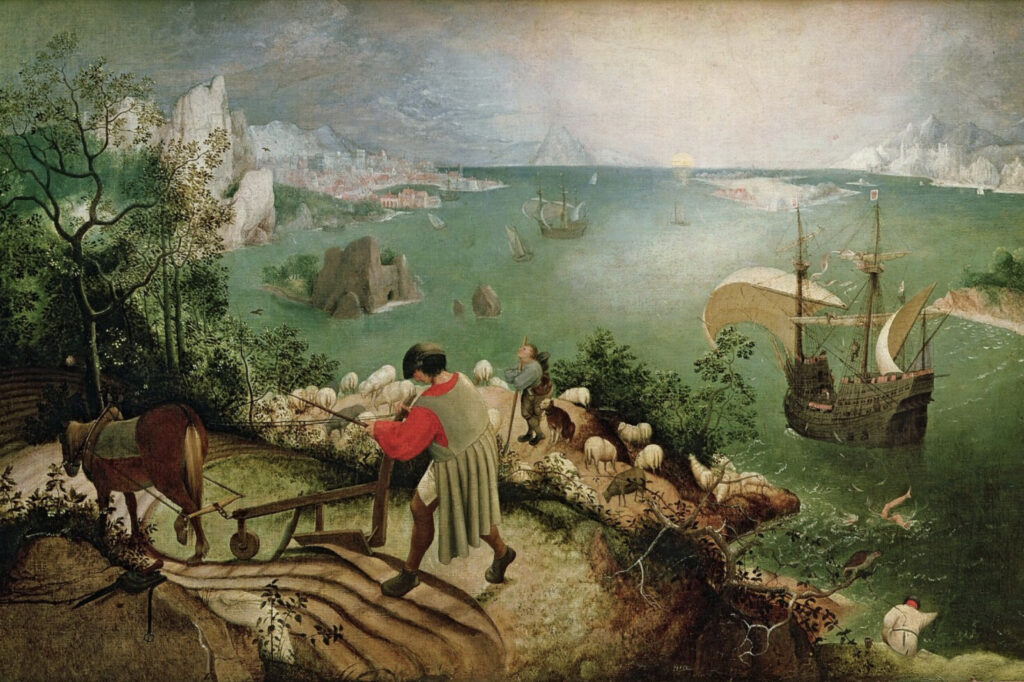
Moderation
“I will exercise self-control, discretion, and temperance in all things.”
When it comes to moderation, there’s not many more reverberating stories throughout history beyond the boy who flew too close to the sun. Icarus embodies the lesson of self-restraint and what happens if you don’t. Moderation, or Temperance, is a cardinal virtue always at play in life and history. Whether it be with resources, passions, or choice, moderation beckons us at every turn to be wise, think ahead, and be careful.
Justice
“I WILL TREAT EVERYONE WITH THE FAIRNESS AND RESPECT THEY DESERVE.”
Justice is understood as a moral principle that involves giving each person their due or what they deserve. Justice emphasizes principles of fairness, rights, social utility, and the promotion of the common good. It is a foundational concept in moral and political philosophy, serving as a guiding principle for the organization of societies and the regulation of human conduct.


Courage
“I WILL DO THE RIGHT THING, EVEN WHEN IT IS UNPOPULAR OR DIFFICULT.”
Courage is understood as the strength of character to confront and overcome fear, adversity, or danger, grounded in a commitment to moral principles and the pursuit of noble ideals. Courageous acts may not always be premeditated or calculated but emerge spontaneously from a deep-seated commitment to facing challenges head-on, regardless of personal consequences. Thus, courage stands as a beacon of valor amidst uncertainty, embodying the unyielding spirit of resilience and fortitude in the pursuit of what is right and just.
Responsibility
“I WILL DO MY DUTY AND ACCEPT THE CONSEQUENCES OF MY ACTIONS.”
Responsibility entails being accountable for one’s actions, fulfilling commitments with reliability and integrity, and stewarding resources and relationships with care and consideration. As a fundamental aspect of moral character and ethical conduct, responsibility underscores the importance of individual agency and communal interdependence in fostering personal growth, social cohesion, and the sustainable stewardship of resources for future generations.
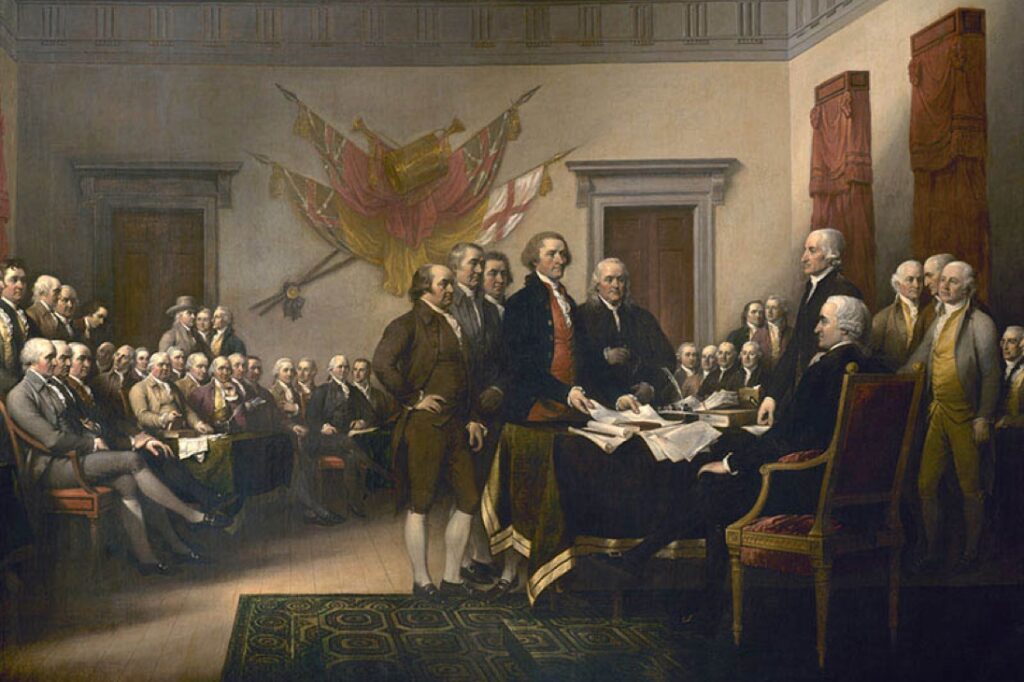
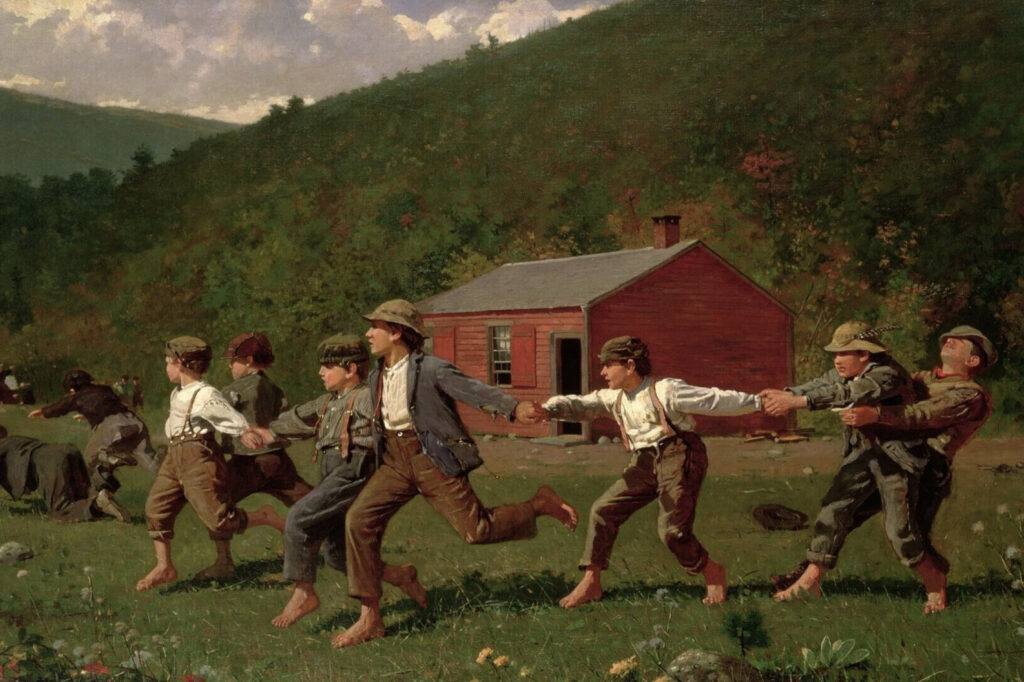
Friendship
“I WILL TREAT EVERYONE WITH RESPECT AND SEEK FRIENDS WHO MAKE ME BETTER.”
Friendship is one of the most important virtues in the classical and Western tradition. All the great men and women of old have spoken of, taught, and modeled friendship at the highest and lowest levels of society. At TCA, making and having good friends will be the bedrock of our school culture and community.
Wisdom
“I WILL SEEK THOSE THINGS WHICH ARE GOOD, TRUE, AND BEAUTIFUL.”
Wisdom is based on the Greek word for Sophia, and calls our attention to the highest things in life. Philosophy, the Greek word for the love of wisdom, invokes a core tenant of our program. Wisdom, or as the ancients always refer to her as Lady Wisdom, always calls us away from foolishness to the Good, the True, and the Beautiful. It includes all subjects, not only as knowledge acquisition, but as knowledge growth, inquiry, and application. Wisdom seek universal understanding, as well as particular understanding, concerning itself with those things above and the things below.
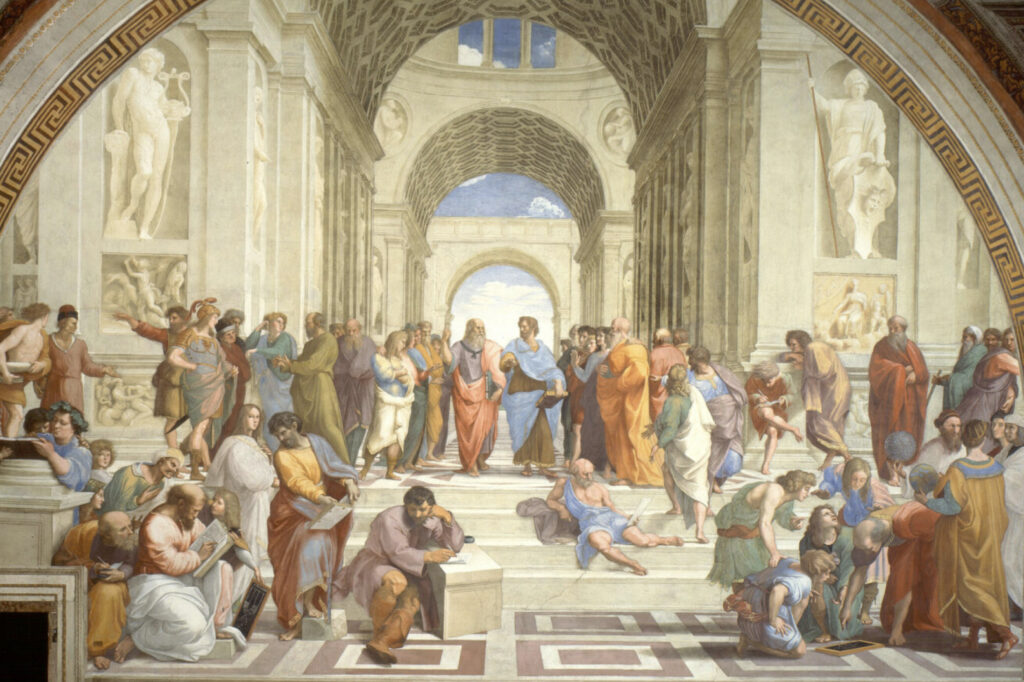
Now Hiring K-12 Teachers
ACAR is looking for teachers who have a solid understanding of classical education, a dedication to the liberal arts and the teaching of civics, and a strong capacity for organizational leadership.

